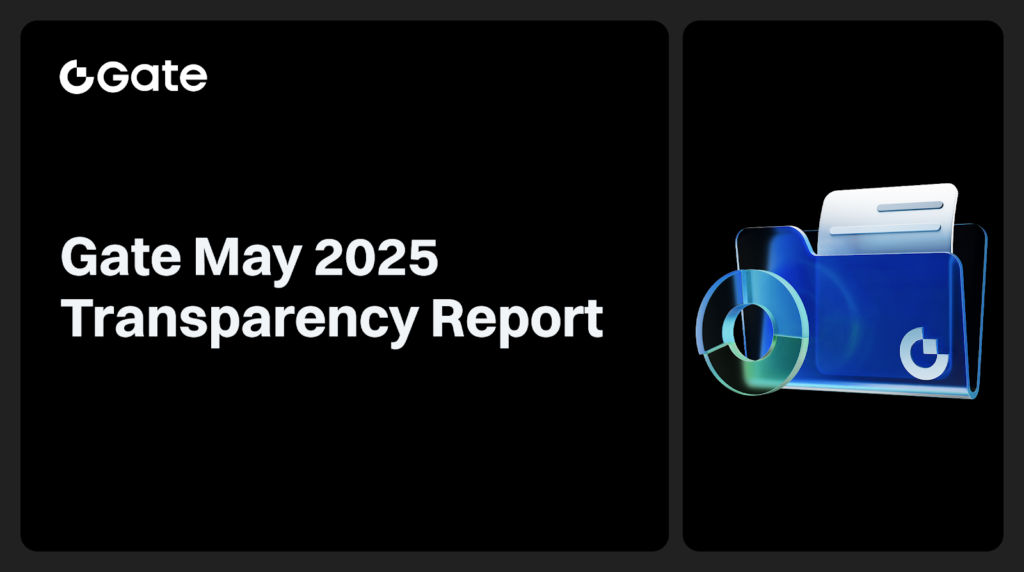Cryptocurrency wallets are digital wallets used to store, send, and receive cryptocurrencies. They come in many different forms, including online, hardware, and mobile wallets. However, with the increasing value and popularity of cryptocurrencies, security is becoming an increasingly important concern. In this article, we’ll be discussing cryptocurrency wallets and the security measures that can be taken to protect them.
Types of Cryptocurrency Wallets
There are several types of cryptocurrency wallets, each with their own pros and cons.
Online Wallets
Online wallets, also known as hot wallets, are digital wallets that are accessed through a web browser or mobile app. Online wallets are easy to use and can be accessed from anywhere with an internet connection. However, they are also more vulnerable to hacks and attacks, as they are connected to the internet.
Hardware Wallets
Hardware wallets are physical devices that store cryptocurrencies offline. They are considered to be the most secure type of wallet, as they are not connected to the internet and are therefore not vulnerable to hacks or attacks. However, hardware wallets can be more expensive and less convenient to use than online wallets.
Mobile Wallets
Mobile wallets are digital wallets that are accessed through a mobile app. They are similar to online wallets, but are specifically designed for use on a mobile device. Mobile wallets are convenient and easy to use, but are also more vulnerable to attacks than hardware wallets.
Security Measures for Cryptocurrency Wallets
Regardless of the type of cryptocurrency wallet you choose, there are several security measures that can be taken to protect it.
Two-Factor Authentication
Two-factor authentication (2FA) is a security measure that requires users to provide two forms of authentication before they can access their wallet. This can include a password and a code sent to the user’s phone or email. 2FA can help to prevent unauthorized access to a wallet, even if the user’s password is compromised.
Backup and Recovery
Backups and recovery are important for protecting against the loss of cryptocurrencies due to hardware failure, loss, or theft. Many wallets provide a recovery phrase, which is a series of words that can be used to recover a wallet in the event of a loss or theft. It’s important to store the recovery phrase in a secure location, such as a safe or a password manager.
Cold Storage
Cold storage refers to the practice of storing cryptocurrencies offline, such as on a hardware wallet. This can help to protect against hacks and attacks, as the wallet is not connected to the internet. However, it’s important to ensure that the wallet and recovery phrase are stored in a secure location.
Keeping Software Up-to-Date
Keeping wallet software up-to-date is important for ensuring that security vulnerabilities are addressed. Many wallets provide regular updates to address security issues and improve functionality.
Multisignature Wallets
Multisignature wallets, also known as multisig wallets, require multiple signatures in order to authorize transactions. This can help to prevent unauthorized access to a wallet, as multiple parties must agree to a transaction before it can be executed. Multisig wallets are often used by businesses and organizations to manage their cryptocurrency holdings.
Paper Wallets
Paper wallets are a form of cold storage where the private key is printed on a piece of paper. Paper wallets can be created offline, which makes them more secure than online wallets. However, they can also be lost or stolen more easily than hardware wallets.
Insurance for Cryptocurrency Wallets
Cryptocurrency wallets are not insured by traditional insurance companies, which can create a risk for investors and businesses. However, some companies are beginning to offer cryptocurrency insurance, which can provide protection against theft, loss, and other risks.
Cryptocurrency Wallet Best Practices
In addition to the security measures discussed earlier, there are several best practices that can help to protect cryptocurrency wallets. These include using strong passwords, avoiding public Wi-Fi networks, and using reputable wallets from trusted sources. It’s also important to keep track of cryptocurrency transactions and to monitor wallet activity for any signs of unauthorized access.
Wallet Interoperability
Wallet interoperability refers to the ability of different wallets to communicate with each other. This can allow users to easily transfer cryptocurrencies between different wallets and services, without having to go through complicated processes. Wallet interoperability can help to make cryptocurrencies more accessible and user-friendly, and can increase adoption of cryptocurrencies.
Privacy and Anonymity
Privacy and anonymity are important concerns for many users of cryptocurrencies. While cryptocurrencies are often seen as anonymous, the reality is more complex. Many cryptocurrencies are actually pseudonymous, which means that transactions are recorded on a public blockchain, but the identity of the user is not necessarily known. There are also privacy-focused cryptocurrencies, such as Monero and Zcash, which use advanced cryptography to provide greater anonymity.
Regulation and Compliance
Regulation and compliance are becoming increasingly important for cryptocurrency wallets, especially as the industry becomes more mainstream. Some countries have implemented regulations for cryptocurrency wallets, while others are still in the process of developing regulatory frameworks. Compliance with regulations can be a challenge for wallet providers, as it requires a deep understanding of complex legal and regulatory requirements.
Wallet User Experience
User experience is a crucial consideration for cryptocurrency wallets. Wallets that are easy to use and navigate can help to increase adoption of cryptocurrencies, while wallets that are difficult to use can be a barrier to entry. User experience can be influenced by factors such as design, functionality, and customer support.
Conclusion
Cryptocurrency wallets are an important part of the cryptocurrency ecosystem, and security is crucial for protecting against loss or theft. Online, hardware, and mobile wallets each have their own advantages and disadvantages, and security measures such as two-factor authentication, backup and recovery, cold storage, and keeping software up-to-date are important for protecting wallets from hacks and attacks. By taking these security measures, users can help to ensure the safety of their cryptocurrencies.













